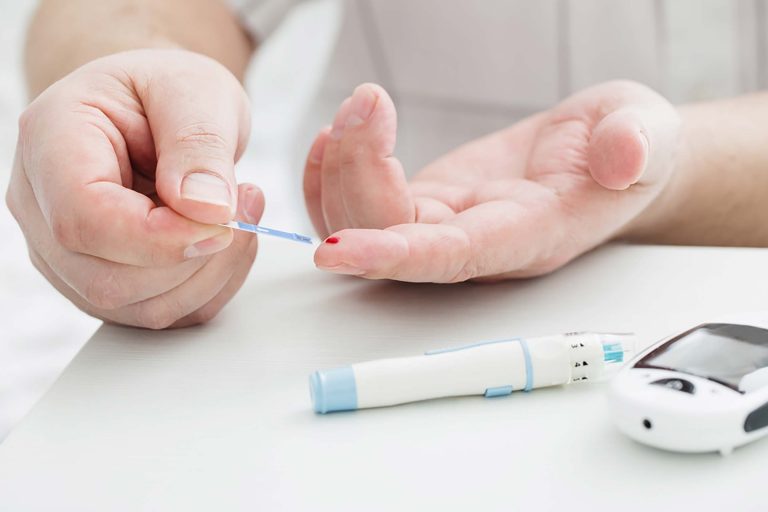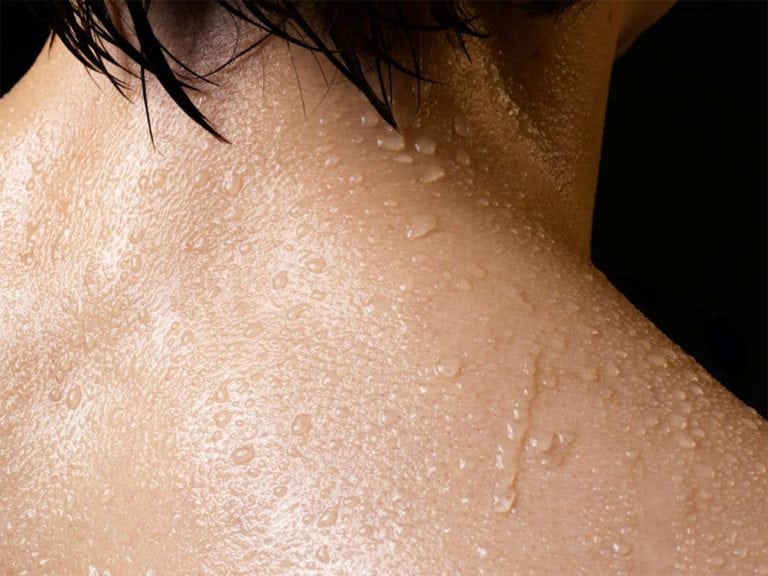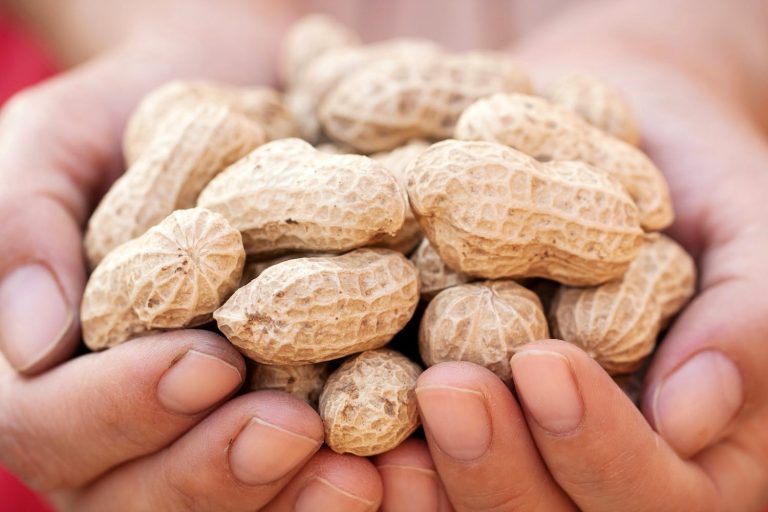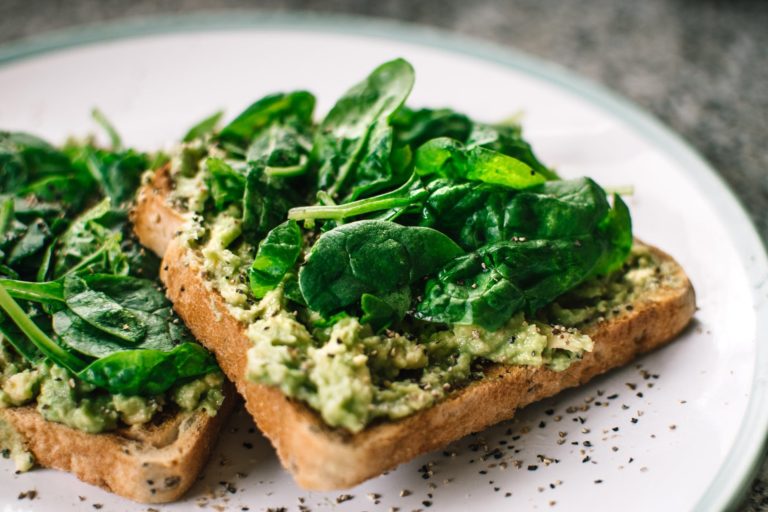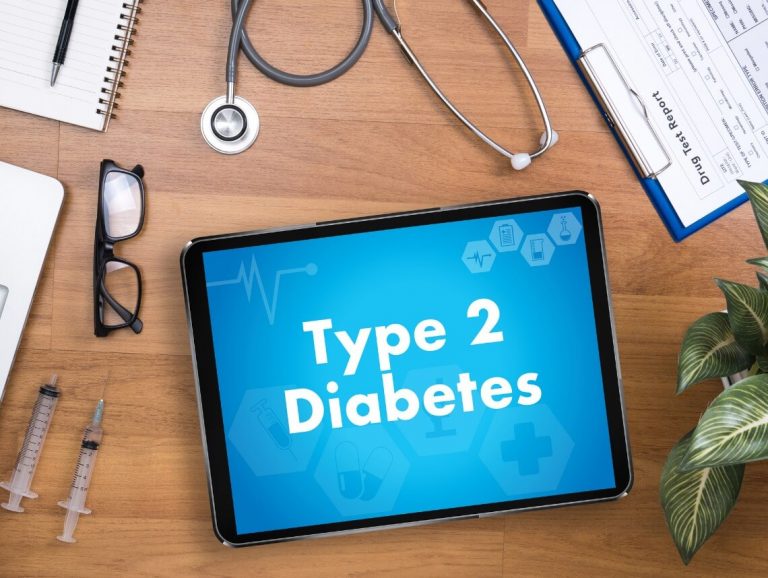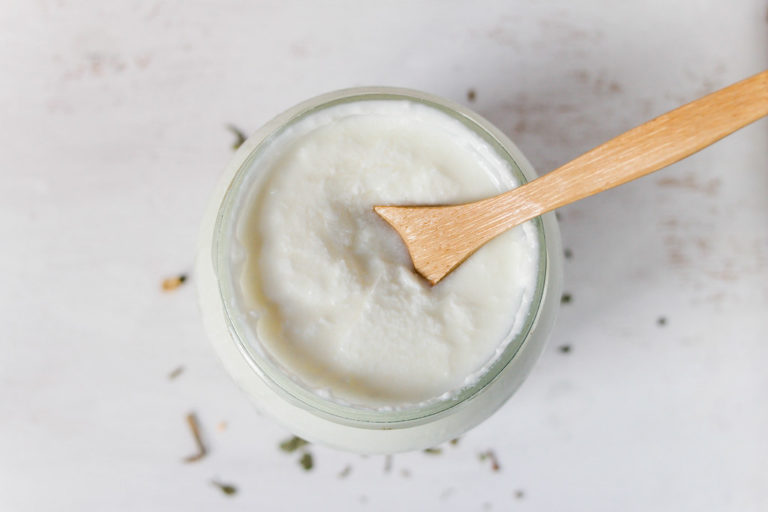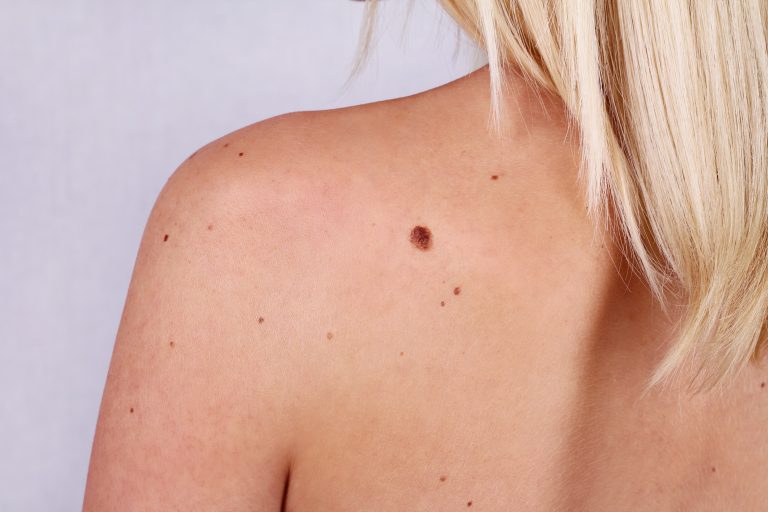
Vitamin D is one of the essential vitamins your body needs for optimal health. Low levels of the vitamin can put you at greater risk of infection, depression, and even decreased bone health. Nicole Avena, Ph.D. and assistant professor of neuroscience at the Mount Sinai School of Medicine in New York City, and Kelli McGrane, MS, and registered dietitian, lend insight on how pivotal vitamin D and its benefits are to your overall health.
Why is it so important to have adequate levels of vitamin D?
“One of the major roles it plays is to help maximize the absorption and utilization of calcium, which is an important mineral for our skeletal system and teeth. It is also important [for] muscle, heart, and lung functioning,” says Avena.
If you don’t receive adequate levels of vitamin D each day, you put yourself at risk of deficiency, which the neuroscientist says can lead to increased susceptibility of infection, fatigue, back pain, and impaired wound healing.
What are some of the health benefits of vitamin D?
It strengthens the immune system.
Exactly how vitamin D plays a role in supporting our immune system is a hot topic in research right now, says McGrane, but there’s no doubt there’s a connection.
Avena says studies suggest taking 1,200 IU of vitamin D per day over a four-month period during the winter season reduces the risk of contracting the flu. “Vitamin D allows our immune system to work efficiently to ward off sickness,” she says.
It supports bone health.
Vitamin D is essential for the absorption of two very important minerals: calcium and phosphate, both of which are vital for bone health. Avena and McGrane both say that without enough vitamin D, the bones can begin to soften, making them fragile and more prone to break.
It may stave off the development of allergic diseases in babies.
Avena says that low vitamin D levels are associated with increased risk of allergic conditions and diseases, including asthma and eczema in babies. However, research suggests that whether vitamin D actually prevents asthma and allergies during the prenatal window and early stages of life remains controversial. Vitamin D may also help kids and adults currently living with asthma.
A review of several clinical trials published in the medical science journal Cureus found that vitamin D supplementation may be helpful in the management of asthma, in addition to an inhaler and any other necessary medications.
It improves mental health.
“A growing body of research has shown a relationship between vitamin D deficiency and the risk of anxiety and depression,” says McGrane. “In several studies, providing vitamin D supplementation to deficient individuals significantly improved symptoms of anxiety and depression.”
Should you take a vitamin D supplement?
“While you can get some vitamin D through food sources like eggs, fatty fish, and fortified beverages—especially orange juice and soy milk—many individuals would benefit from a supplement, especially during the winter when there is a lack of sunlight,” says McGrane. “A good starting point is 400 to 800 IU of Vitamin D3; however, it’s always best to check with your doctor or dietitian first.”



